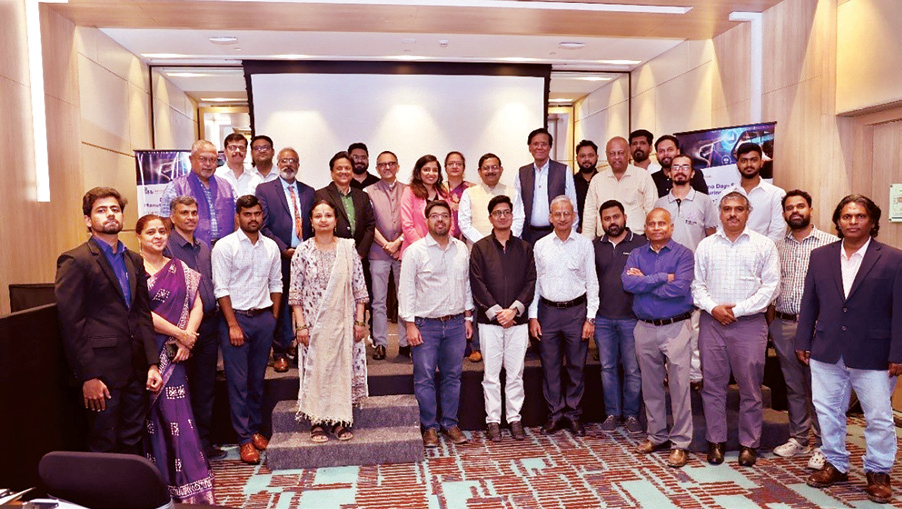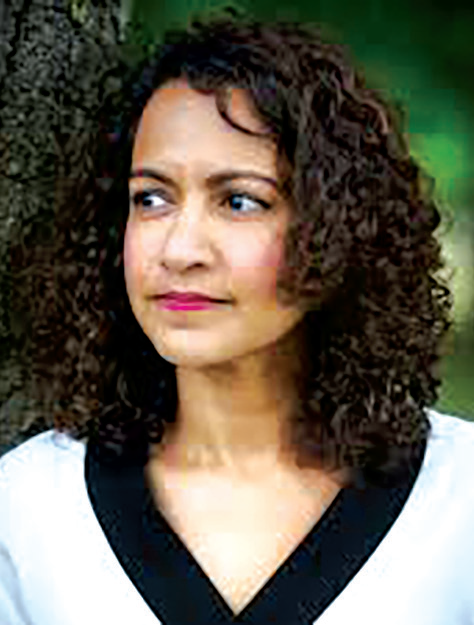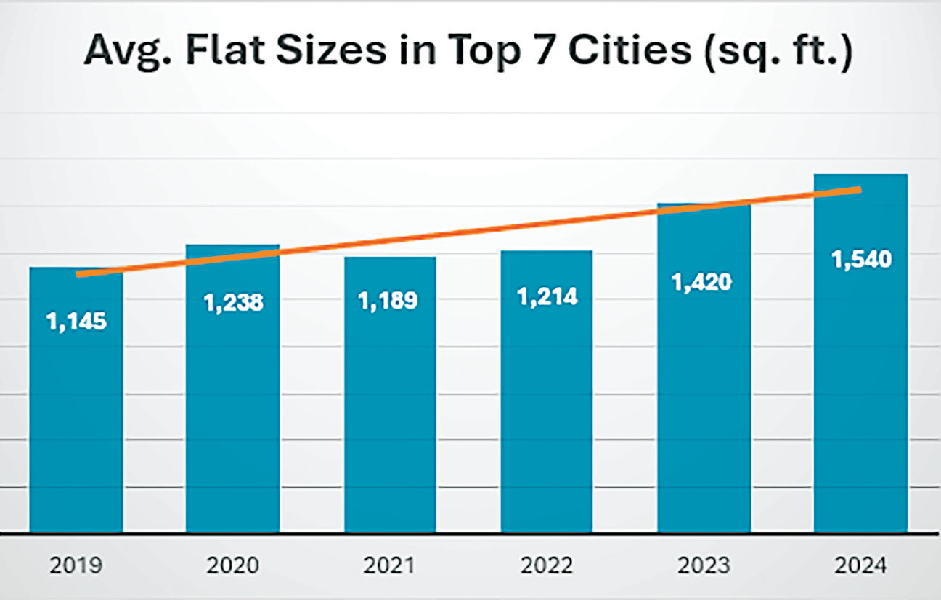
Gender and inclusion: Way forward
Malika B Mistry “Most of the women’s work is unpaid and invisible. Women are born strong but made weak in course of time. When women accept gainful employment, they are made to feel guilty. Muslim women are doubly disadvantaged—as a minority and as women. They find themselves caught between being loyal to their religious identity and a desire for freedom and equal rights within those communities. From being targeted in communal riots to having to defend and claim their rights, they are battling simultaneous challenges. They are caught between being loyal to their religious identity and simultaneously fighting for freedom equal rights within those communities.” This is how Shaheda Murtuza, Director, Women’s Study Centre, Maulana Azad National Urdu University (MANUU), Hyderabad described the situation of Muslim women in India.
Muslim women in India are caught in the cross-fire of Hindutva politics, the Hijab row, triple talaq issue and the mock auction on social media of Muslim women who dared to raise their voices. In the middle of all these, we have those women who have been flag-bearers of the anti-CAA movement with their mighty display of resistance.
These voices were heard at a 3-day conference organized by the Centre for Development Policy and Practice of the University beginning from June 6. The objective of the conclave was to explore the inter-sectionality of gender and religious and social identity.
The participants concurred that gender should be studied together with factors that go into multiple identities such as race, class, religion, region of origin, citizenship and access to resources. Social issues were multi-layered and required multi-disciplinary approach of research.
Nagma Mulla, CEO, Edelgive Foundation, who recounted her experiences of working with various NGOs and sections of people, said gender inclusion should be replaced with women’s participation. She said Gandhiji ensured participation of women in the freedom movement, American feminist Gloria Steinem, found that in her own country (i.., United States) there was no such movement as women’s participation. However, globally, only 4% of resources are spent on women. Gazala Wahab, author of the recently launched book Born a Muslim (Aleph Books) advised women to develop five qualities 1-financial independence, 2-educaton and learning, 3-asking questions, 4-preserving oneself, and 5-not being in fighting mode always.
Noted development economist Amirullah Khan wanted Muslims to shun emotionalism and to interpret and analyse the Muslim women’s margnialisation and vulnerability in a logical way in the light of data. Well-known economist Amitabh Kundu cautioned the academicians against bothering too much about Hindutva and attributed the present situation to too much emphasis to identity by Hindu and Muslim fundamentalists and warned that this would be harmful for the country. He referred to Amartya Sen’s book Identity and Violence (a rejoinder to Samuel Huntington’s Clash of Civilisations) where he says that all people carry multiple identities.
Data expert Osama Manzar observed that data should be accompanied with a narrative. P. C. Mohanan, a former member of the National Statistical Commission also endorsed the view that narrative based on data is helpful, not the data itself. Psephologist Afroz Alam opined that data is everywhere and is being used by the political parties to manipulate the voters. He said today it is quite well known that who will be voting for whom.
Only 20% of the voters come under floating population and they need to be influenced. These people can be weaned away and influenced overnight through the social media.
Meenakshi Gupta, cofounder of NGO ‘Goonj’ works for mainstreaming and repositioning menstruation as a human issue beyond just an issue related with female population. She cited several examples and instances of this factor not being recognized. Rural areas do not provide facilities for women to change, to wash and bathe. Talking about it is a complete taboo.
She said sugarcane crop contractors urge and force women laborers to surgically remove uteruses to obviate the need for them to take five days off from the work during menstrual period and thereby losing five days of work.
Social workers Sanghmitra Acharaya opined that the women’s health was the last priority in the family. She stressed the need for holistic view of health, not just the reproductive health. Nilanjan Banik wanted arrangements for maintaining toilets together with construction of toilets in the villages. Shireen Azam, doctoral researcher at the Oxford University, drew attention towards existence but invisibilization of caste among Muslims in India.
According to her, majority of the Muslims belong to lower castes. Casteism is linked with endogamy
 English daily published in Bengaluru & Doha
English daily published in Bengaluru & Doha






